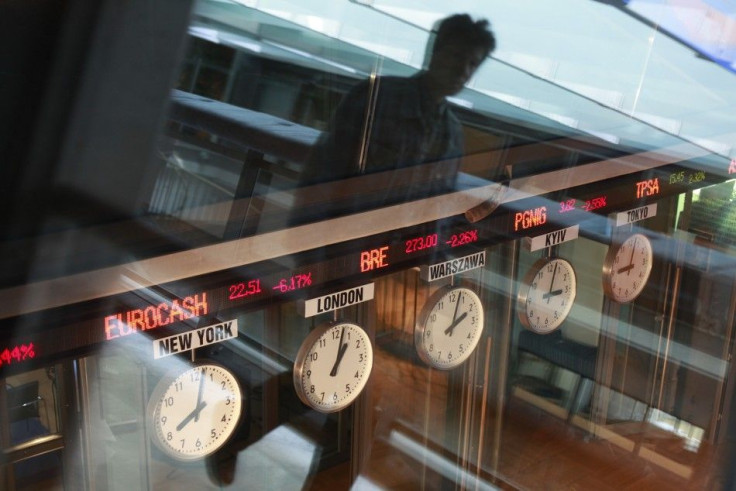Scientists Develop Optical Lattice Clock, Discover A More Precise Way To Tell Time

Atomic clocks have some new competition in the quest to tell the most precise time.
According to the BBC, scientists have been testing an alternate to the atomic clocks we are used to, called optical lattice clocks. These clocks lose just one second every 300 million years compared to our current time devices. This makes them three times as accurate as atomic clocks, making it possible they could "redefine the second" said researchers at the Paris Observatory in France.
The current clock uses the vibration of atoms to measure intervals of time, counting the oscillations given off by just one atom.
But the lattice clocks instead use light to excite atoms.
"In our clocks we use laser beams. Laser beams oscillate much faster than microwave radiation, and in a sense we divide time in much shorter intervals so we can measure time more precisely," says Dr Jerome Lodewyck.
With this new method, the optical lattice clock will be able to keep time within one minute every 18,000 million years. Atomic clocks are only accurate up to one second every 100 million years.
Scientist also compared two optical clocks side by side and discovered that they remained in time together as well as were stable.
"For instance, if you have your wristwatch, and one day you are one second late, and one day one second early, then your clock is not stable. But it could still have good accuracy if over a million days the time is correct," Dr Lodewyck said.
Scientist are also studying an ion clock. It loses just a single second every few billion years. It relies on one ion, though, and for that reason lacks the stability needed for larger use.
The atomic clock has been used as the world's measure for time since the 1960s and is used to define a second in the International System of Units.
© Copyright IBTimes 2025. All rights reserved.






















